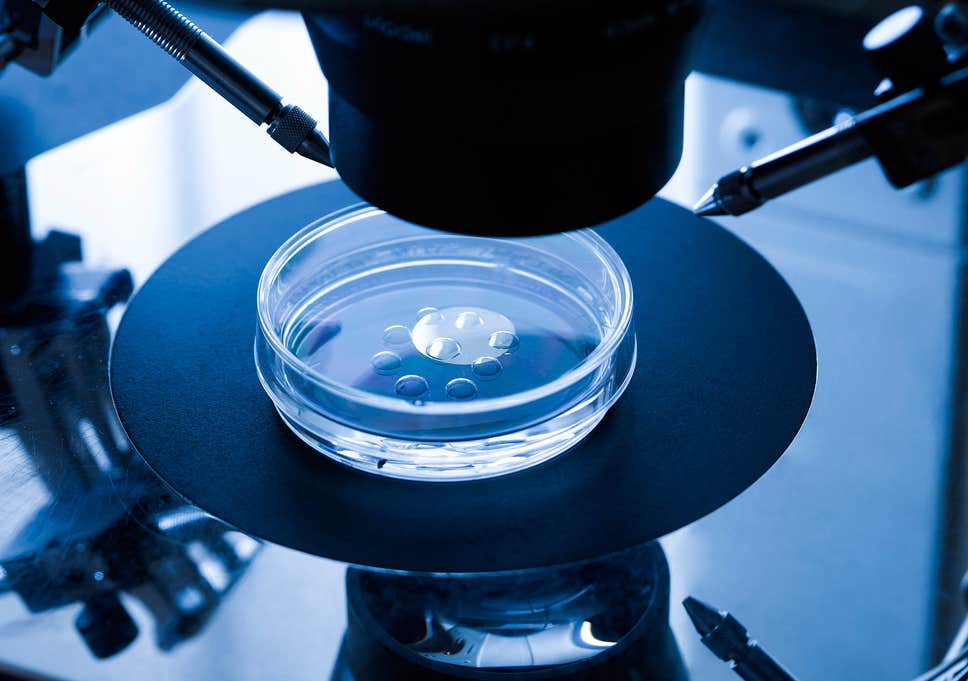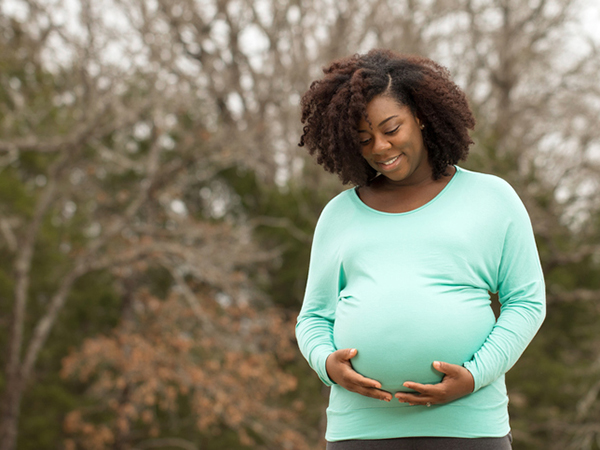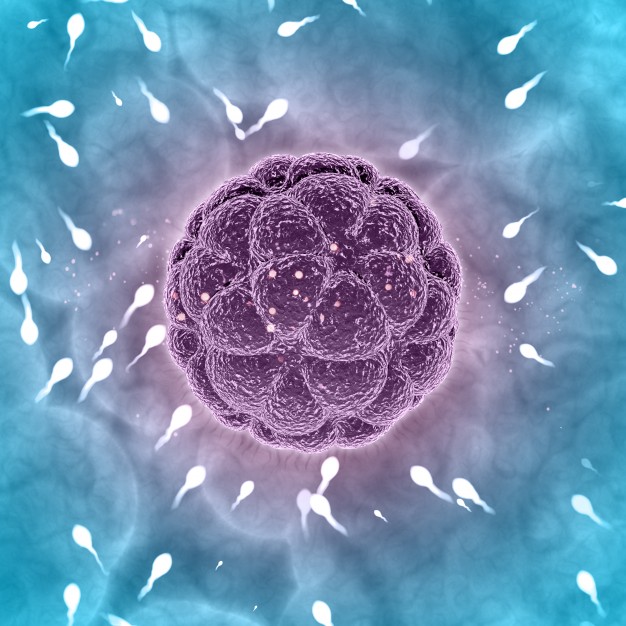In Vitro Ferilization (IVF)
April 24, 2020 2024-11-25 11:52In Vitro Ferilization (IVF)
In Vitro Fertilization (IVF)
In Vitro Fertilization (IVF)
In Vitro Fertilization (IVF) is an Assisted Reproductive Technology (ART) procedure used to treat a range of fertility problems. In IVF, a physician will surgically remove eggs from a woman’s ovaries, and then fertilize the collected eggs with sperm in the embryology laboratory. Once fertilized, the embryos are then transferred into the woman’s womb to implant and develop into a pregnancy. IVF treatment can take place using the patient’s eggs and sperm or with the use of donor eggs or donor sperm.
For more information about our IVF service
- Speak to the booking team on
07026277855 or
08077716409 (WhatsApp) - Email us oninfo@nordicalagos.org
Click here for information on the cost of IVF treatment?
When should you consider IVF
IVF is usually considered if you (or your partner) have certain health conditions. These include:
Ovulation Disorder: This is when ovulation is infrequent or absent in women, resulting in fewer eggs for fertilization.
Fallopian tube blockage or damage: A damaged or blocked fallopian tube makes it difficult for an egg to be fertilized or an embryo to travel to the uterus.
Endometriosis: This is an often painful disorder in which tissue similar to the tissue that normally lines the inside of the uterus grows outside the uterus.
Genetic Disorder: When you or your partner are at risk of passing on a genetic disorder to your child, IVF is considered. Uterine Fibroids: Fibroids are abnormal growths that develop in or on a woman’s uterus. Sometimes these tumours become quite large and may lead to infertility. Impaired Sperm Production: This occurs when men have little or no viable sperm in the semen.
The Process of IVF
In Vitro Fertilization or IVF, requires several steps from ovarian stimulation to embryo transfer before pregnancy can take place. You will need to understand the various steps involved so that you will be better prepared as you go through a cycle
You will need to understand the various steps involved so that you will be better prepared as you go through a cycle
Step 1
Ovarian Stimulation and Monitoring:
In a normal cycle, a single egg is released from the ovary every month. However, to maximize the chances of successful fertilization with each IVF attempt, your ovaries will be stimulated to produce multiple mature egg follicles. The growth and development of the eggs are closely monitored by repeated ultrasound and or blood tests. Based on information obtained from these tests, we can determine when ovulation will take place. Final maturation of eggs from the ovary is then achieved by administering an injection called HCG or Buserelin depending on the response. You will then be ready for egg collection.
In a normal cycle, a single egg is released from the ovary every month. However, to maximize the chances of successful fertilization with each IVF attempt, your ovaries will be stimulated to produce multiple mature egg follicles. The growth and development of the eggs are closely monitored by repeated ultrasound and or blood tests. Based on information obtained from these tests, we can determine when ovulation will take place. Final maturation of eggs from the ovary is then achieved by administering an injection called HCG or Buserelin depending on the response. You will then be ready for egg collection.
Step 2
Egg & Sperm Collection:
Egg collection is performed at our clinic via a transvaginal route under conscious sedation and local anaesthesia. The physician uses a direct vision via ultrasound imaging to help identify follicles and retrieve eggs more accurately. A semen sample is also produced, a few hours before eggs collection. The sample will be processed in the laboratory to enhance the chance of fertilization.
Egg collection is performed at our clinic via a transvaginal route under conscious sedation and local anaesthesia. The physician uses a direct vision via ultrasound imaging to help identify follicles and retrieve eggs more accurately. A semen sample is also produced, a few hours before eggs collection. The sample will be processed in the laboratory to enhance the chance of fertilization.
Step 3
Incubation and Fertilization:
The processed sperm is injected into the egg, this is then placed in a specially designed laboratory incubator which functions at standard body temperature. Within 48hrs, fertilization is expected to take place. The embryo is allowed to grow or develop over three or five days into the embryo.fertilization is expected to take place
The processed sperm is injected into the egg, this is then placed in a specially designed laboratory incubator which functions at standard body temperature. Within 48hrs, fertilization is expected to take place. The embryo is allowed to grow or develop over three or five days into the embryo.fertilization is expected to take place
Step 4
Embryo Transfer:
Embryo transfer is the procedure by which the embryo will be returned to the womb. It is a painless & simple procedure. The embryos are placed in a special catheter and are transferred into the womb. You will be given a progesterone hormone (vaginal suppository) after the procedure, which you should insert daily for two weeks after embryo transfer.
Embryo transfer is the procedure by which the embryo will be returned to the womb. It is a painless & simple procedure. The embryos are placed in a special catheter and are transferred into the womb. You will be given a progesterone hormone (vaginal suppository) after the procedure, which you should insert daily for two weeks after embryo transfer.
IVF at Nordica
At all our IVF clinics in Nigeria, we attempt to individualize your treatment regimen by the development of various protocols to suit your particular characteristics. Based on the history, physical examination and investigations, your peculiarities can be identified and that will guide us in the choice of drug and dosage protocol to use for Ovulation Induction e.g. presence of polycystic ovaries. Drugs used are usually a combination of GnRH analogues (agonist or antagonist) and FSH plus hCG (gonadotropins). The former temporarily suppress the woman’s natural hormones (down-regulation) allowing better control of the treatment cycle and the latter stimulate the ovaries to achieve multiple ovulation. The cycles are monitored with repeated transvaginal scanning. Embryo transfer, though a simple procedure, is one of the most important steps in IVF, as successful pregnancy is related to the ease with which embryos are transferred into the Uterus. We are therefore careful with this procedure, sometimes a stylet may be needed to negotiate the cervical canal and rarely the transfer procedure may need to be rescheduled while the embryos are frozen.
At Nordica Fertility Centre, we grade embryos and choose the best quality embryos that have a higher chance of implantation for transfer. We usually transfer two or three embryos. Following the embryo transfer, any remaining viable embryos are thenCryopreserved (frozen) for later transfer, this avoids the need to go through ovarian stimulation and egg collection next cycle. Embryos can be stored for many years. Pregnancy testing is done two weeks after embryo transfer for all patients and Ultrasound scanning after four weeks, in cases where the pregnancy test is positive. The scan will check the location of the pregnancy (whether inside or outside the uterus), the number of fetus and viability. Luteal phase support is then continued for further 6-8weeks.
Why Choose Nordica
Since establishment, Nordica Fertility Centre has become a national destination for patients seeking fertility care. It’s easy to see why
- Transparent & Fair Pricing: For a lot of couples with fertility challenges, the decision to pursue care often comes down to the bottom line of affordability. That is why we have designed our billing structure to be as transparent and friendly as possible.
- Personalized Care: We have a “Care Team” deploying patient-care approach. This “Care Team” approach shows in the individualized experience we provide each patient.
- High Success Rate: Equipped with world-class facilities and technology, we have one of the highest success rates in the world.
- International Affiliation: We are affiliated with the leading fertility treatment and research centres in the world including Nordica International, Denmark and IVF Clinic, Spain.
- Emotional Support: The emotional stress of infertility can be overwhelming. All staff are all well trained and experienced in providing ongoing emotional support and guidance for couples going through infertility evaluation and treatment. We also have well trained and skilled fertility counsellors.
Similar Treatment
Start your family with us today.
Visit ourAppointments page
fill out the contact form and a member of the team will be in touch
fill out the contact form and a member of the team will be in touch







